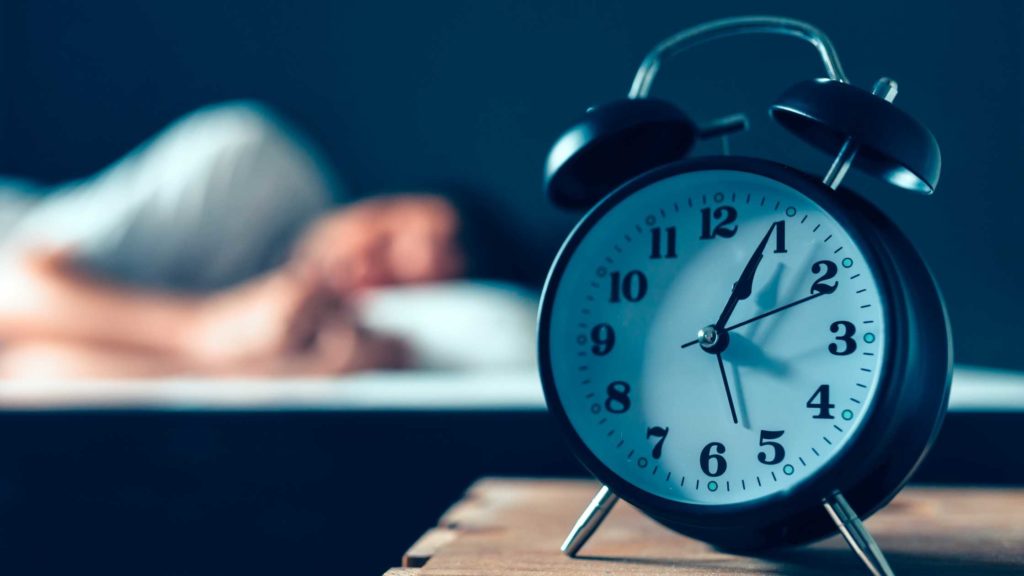To mark World Sleep Day, we have some helpful tips for those who find it difficult to fall asleep.
After a challenging year, many people are suffering with anxiety and stress caused by uncertainty surrounding lockdown.
We are reminding people of the close relationship between sleep and mental health. Living with a mental health problem can affect how well you sleep, and poor sleep can have a negative impact on your mental health.
This vicious cycle has an impact on people’s ability to fall asleep, stay asleep or cause them to wake up earlier than they would like to because of the mental health issues they are experiencing. It is not uncommon for people with these difficulties to have panic attacks, nightmares, or flashbacks whilst they sleep, making them often feel exhausted and run down during the day.
Here are some tips for anyone who’s daily life has been negatively impacted by their lack of sleep, with the aim to support mental health by getting improved sleep.
1. Unwind before bedtime. This is important and can be done by doing some light stretching or reading a book before you get into bed.
2. Clear your mind. Practising mindfulness exercises like light yoga, meditation and breathing techniques are great ways to empty your mind from the things you did during the day.
3. Reduce screen time. Disconnecting from close range electronic devices like laptops, phones and tablets that stimulate the brain can help you to fall asleep faster.
4. Calming your senses. Consider using a calming scent like lavender and other essential oils that can generate a calming effect. Reducing lighting in the room will also encourage your mind and body to sleep.
If you or anyone else you know are struggling to get to sleep and would like support in dealing with these problems, please reach out to the Oxfordshire Mind Information service.
The Information team will offer you support and signpost you to local mental health services.
The line is open Monday to Thursday, 9.30am to 4.30pm Friday 9.30am to 4.00pm and can be reached by calling 01865 247788 or by emailing [email protected].
Alternatively, if you don’t wish to call, you can use the Text Information Service and send a message to 07451 277973.
More information on mental health services can be found in the Oxfordshire Mind Guide online at www.oxmindguide.org.uk.


